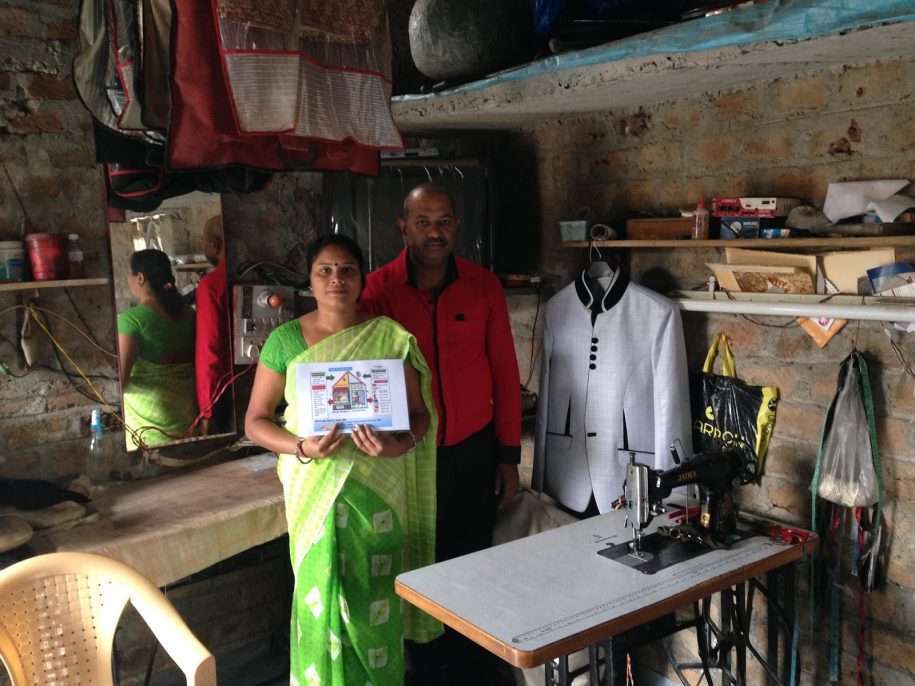Despite some positive outcomes of classroom trainings, the methodology may face a variety of challenges, such as lack of stickiness of the knowledge imparted, high opportunity cost in terms of time foregone for attending such classroom training; making formal classroom training a challenging medium for disseminating knowledge, be it on financial literacy, or even agricultural knowledge.
Although, on a more optimistic note, a study (Drexler, et al2014) done in the Dominican Republic, keeping behavioural aspects of learning in mind, adopted a differently designed training program. The study found that participants who received the standard fundamentals-based accounting training showed little improvement in business practices. On the other hand, participants who were given the simplified financial heuristics training, i.e. rule-of-thumb training, produced significant and economically meaningful improvements in business practices and outcomes.
Recognizing the merit of cost effective models for providing behaviour-changing business trainings to the SME sector, IFMR LEAD (Small Enterprise Finance Center), is currently implementing/evaluating a project that combines the studies done in Dominican Re
public and Gujarat, to provide easy-to-understand and actionable financial heuristic business advice via mobile phones. In this ongoing study, we have collaborated with ideas42 a behavioural design firm, and with a partnership with an innovative MFI Janalakshmi Financial Services and Jana Urban Foundation to pilot a mobile-based business training service for approx. 2,000 clients of Janalakshmi Microfinance. The study has so far rolled out 18 messages, and is moving towards a midline survey. Principal Investigators on this project are Antoinette Schoar (MIT Sloan School of Management), and Shawn Cole (Harvard Business School).
The research study aims to study the following questions:
1. Can rule of thumb business advices delivered via mobile technology lead to any behavioural changes among microentrepreneurs?
2. Do the rule of thumb business advices result in any impact on business profitability (in the short and medium term)?
3. Which sub-groups of microentrepreneurs benefit the most from these financial heuristics delivered via mobile technology?
4. Does mobile based business advice have the potential to be scaled up and become a sustainable business model?
Stay tuned to know more about what we find from the midline survey(scheduled for June & July 2015), and our experience of interacting with microentrepreneurs from the field!
References:
Bloom, N., Eifert, B., Mahajan, A., McKenzie, D., & Roberts, J. (2011). Does management matter? Evidence from India (No. w16658). National Bureau of Economic Research
Bruhn, Miriam, Dean S. Karlan, and Antoinette Schoar. “The impact of consulting services on small and medium enterprises: Evidence from a randomized trial in mexico.” World Bank Policy Research Working Paper 6508 (2013).
Cole, S. A., & Fernando, A. N. (2012). The value of advice: evidence from mobile phone-based agricultural extension. Harvard Business School Finance Working Paper, (13-047).
Drexler, A., Fischer, G., & Schoar, A. (2014). Keeping it simple: Financial literacy and rules of thumb. American Economic Journal: Applied Economics,6(2), 1-31.
Fernandes, D., Lynch Jr, J. G., & Netemeyer, R. G. (2014). Financial literacy, financial education, and downstream financial behaviors. Management Science,60(8), 1861-1883.






